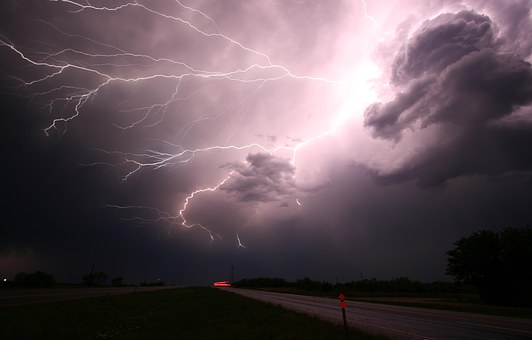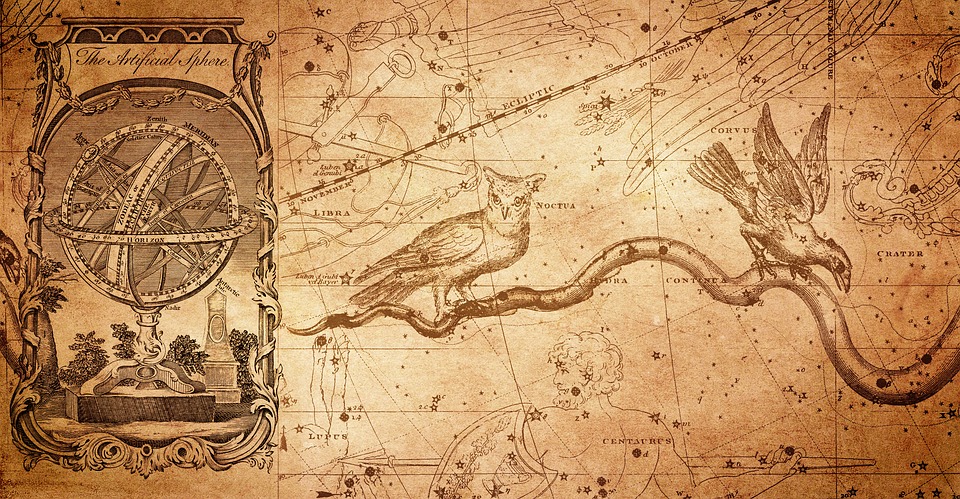Goddess of fate. Pre-Homeric Greek. According to Hesiod, one of the daughters of ZEUS and THEMIS. One of an ancient trio of MOIRAI with LACHESIS and KLOTHO. She is responsible for the final part of a mortal life, the unturning inevitability of death, and she is depicted holding a pair of scales. The name of the plant Atropa belladonna (deadly nightshade) derives from her.






